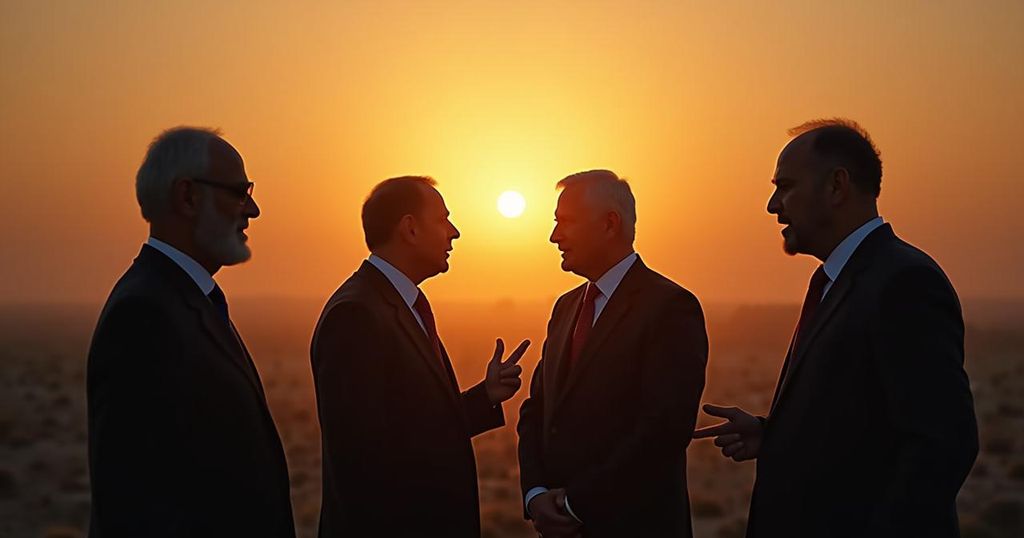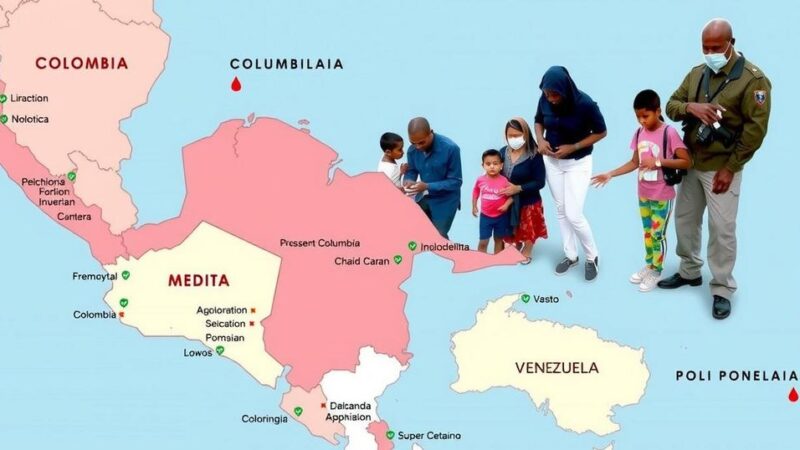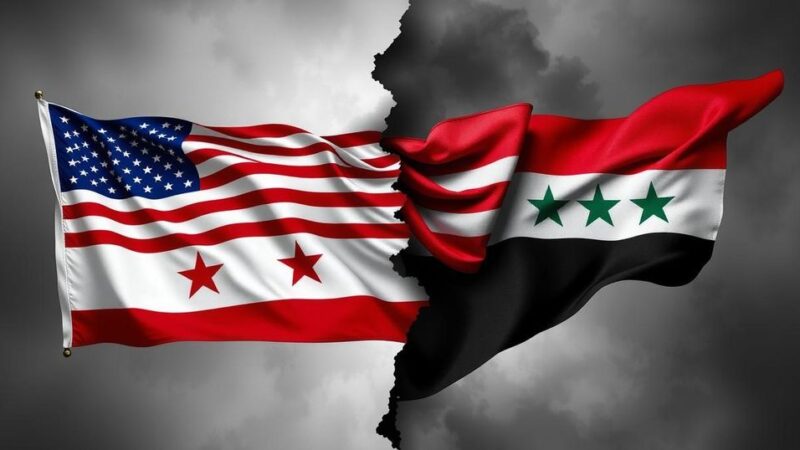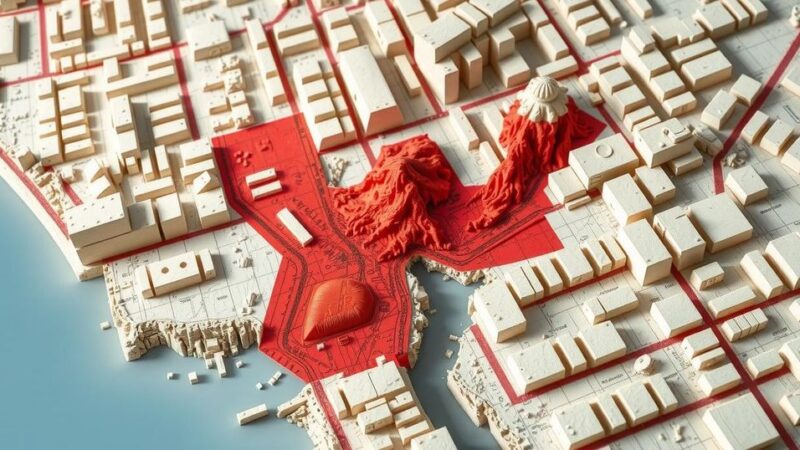President Biden and Prime Minister Netanyahu spoke for the first time in weeks, amidst heightened Israeli-Iranian tensions following a missile attack. Defense Minister Gallant promised a decisive response. The broader regional conflict involves increasing hostilities with Hamas and Hezbollah, as Israel grapples with a humanitarian crisis in Gaza and military actions in Lebanon.
On Wednesday, President Joe Biden and Israeli Prime Minister Benjamin Netanyahu engaged in a significant phone call, marking their first communication in seven weeks, according to the White House. This conversation comes amid rising tensions as Israel prepares to retaliate against Iran following an alarming missile strike on October 1. Israeli Defense Minister Yoav Gallant indicated that a “powerful, precise and above all — surprising” military response is forthcoming. The situation is further complicated by the ongoing conflict involving Israel, Lebanon, and Gaza, which has seen increased hostilities and significant military engagement in recent months. On October 7, Hamas initiated a historic raid into Israel, resulting in substantial casualties and prompting a state of war that has led to a severe humanitarian crisis in Gaza. Moreover, as hostilities with Hezbollah intensify, Israel has launched extensive airstrikes in Lebanon, resulting in considerable loss of life and raising questions regarding the overarching scope of the current military campaign.
The Israeli-Palestinian conflict is characterized by deep-rooted historical grievances that have persisted for decades, significantly complicating peace efforts in the region. The tensions have notably escalated since the outbreak of armed conflict between Hamas and Israel in October 2024, which followed an unprecedented assault by Hamas militants. This conflict has not only affected Israel and the Palestinian territories but has also spilled over into Lebanon, with Hezbollah’s involvement further exacerbating the situation. The United States continues to play a pivotal role in this ongoing conflict, providing military aid and support to Israel, despite the complicated diplomatic relationship between the two nations’ leaders.
In light of recent events, the interaction between President Biden and Prime Minister Netanyahu illustrates the pressing nature of the challenges facing Israel in its response to Iranian aggression and regional instability. The longstanding complexities of the Israeli-Palestinian conflict, compounded by escalating violence in Lebanon and humanitarian crises in Gaza, underscore the critical need for diplomatic engagement and measures aimed at de-escalation. As the international community observes, the strategic choices made by both Israel and its allies will be vital in shaping the future of peace and security in the region.
Original Source: www.washingtonpost.com







